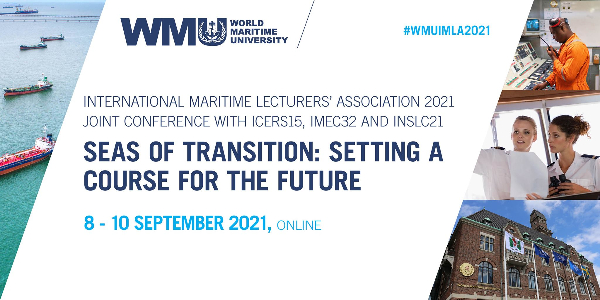Document Type
Paper
Publication Date
2021
First Page
205
Last Page
216
DOI
http://dx.doi.org/10.21677/imla2021.24
Abstract
This paper juxtaposes the communicative needs of the future with the good old concept of communicative competence. Communicative competence, as an STCW requirement for seafarers, is a key notion for Maritime English teaching. New operational functions and concepts are introduced, or existing ones are adapted, for the needs of autonomous and remotely operated (autoremote) vessels. The paper investigates the language requirements within the autoremote operation framework to check if these are covered by the yardstick (STCW) and the standardization tool (SMCP) used in Maritime English. The “remote navigator” needs to reach a good level of “remote situational awareness” through automated remote monitoring, but can resort to two-way communication for navigation functions. What linguistic skills are needed on the part of shore-based seafarers to be able to keep operations within “minimum risk condition”? Experts involved in autoremote design projects and those setting standards through class guidelines find that upgraded ship-to-shore communication is required and appropriate responses must be assured through interaction techniques, but these have not been delineated so far. The paper reviews the discourse used by those setting the foundations of ship autonomy so as to investigate to what degree communicative needs in shore-based seafaring are reckoned with.


